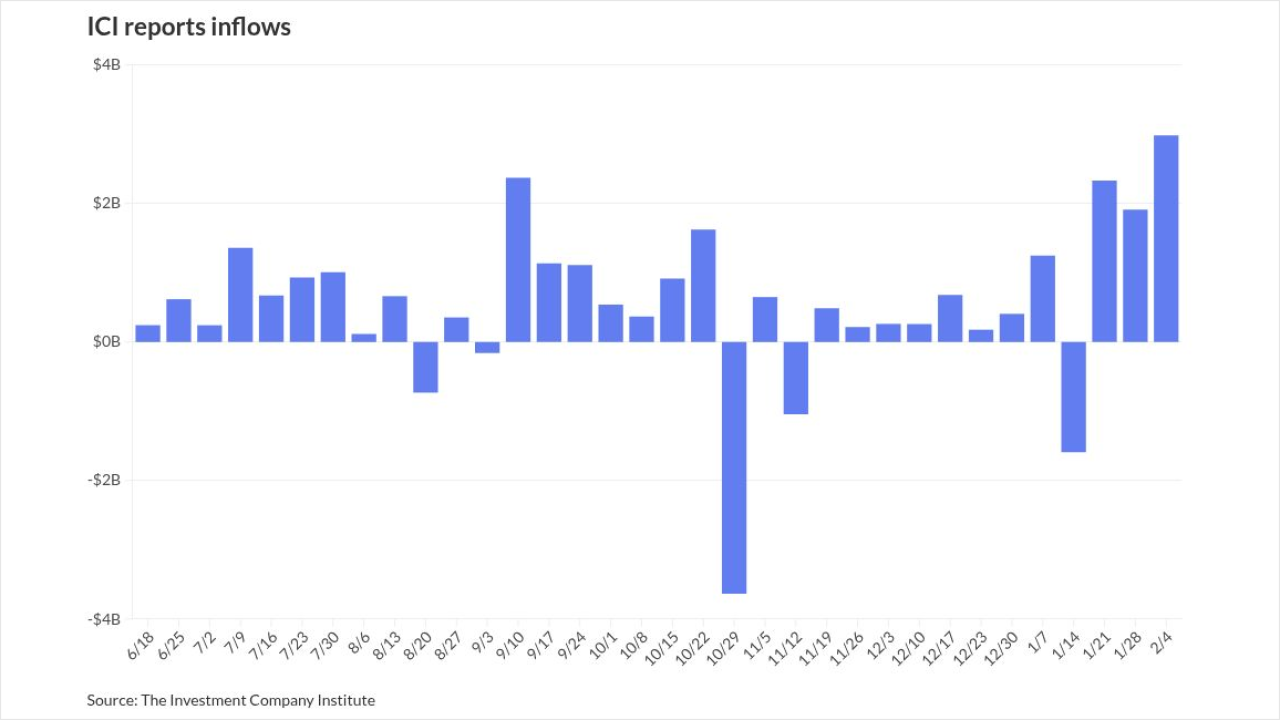Toll road revenues decreased by up to 90% due to coronavirus-led government shutdowns that began in early March and agencies are looking to the federal government for short- and long-term aid.
Toll road agency officials also want modifications to the Transportation Infrastructure Finance and Innovation Act, seeking the potential for a borrower to get a one-time amendment to reduce the interest rate on outstanding TIFIA loans bringing up the difficulty issuers have with paying bondholders versus paying for essential services, such as their workforces and physical infrastructure needs.
"At the request an existing borrower, allow for an outstanding loan agreement to be renegotiated" to reduce the interest rates on those loans, according to officials from the International, Bridge Tunnel and Turnpike Association.
Without that funding, many toll facilities will “be forced to comply with bond covenant requirements,” which could mean reductions in worforces and delays in capital projects among other cuts, IBTTA wrote.
During a press briefing Thursday IBTTA CEO Patrick Jones said out of 342 toll facilities across the country, the virus has caused revenue and traffic to decrease by half to as much as 90% in some jurisdictions.

Jones said as Congress works on another possible stimulus bill, which could include infrastructure funding, toll road agencies need direct funding.
“If there is one common theme in every major study of surface transportation infrastructure in the last 20 years, it is this — users must pay for road infrastructure,” Jones said. “As the gas tax continues to lose purchasing power, tolling and mileage based fees will take greater importance.”
For Samuel Johnson, CEO of Transportation Corridor Agencies in California, toll road revenue dropped 70% to 80% at the onset of COVID-19.
“Even though we are already seeing some recovery with our traffic and revenue declines only around 50% to 60% compared to the previous year, we want to be very cautious,” Johnson said during Thursday’s webinar.
The drop in revenue has led some capital projects to be deferred to the future, Johnson said, however that means less support to its economic recovery as a whole.
“This is where we hope that the federal government can support the tolling industry, not as a means of rescuing agencies, but as part of the economic boost that investments in transportation infrastructure always provide,” Johnson said.
Chris Tomlinson, executive director of the Georgia State Road and Tollway Authority and Greater Regional Transit Authority, said he was confident they would continue to pay debt obligations and be able to continue to operate with a careful use of reserves.
“We are hopeful that there will be help extended from the federal government, but we’re not necessarily making our plans dependent on those requests,” Tomlinson said. He added he was focused on paying debt service obligations and funding for ongoing operating and maintenance.
“We do believe that it will take some significant belt tightening,” Tomlinson said.
Also in the briefing, Tim Stewart, executive director for the E-470 Public Highway Authority in Colorado, said at the end of February traffic on the cashless tollway in the Denver metropolitan area were up 3.9% compared to last year. Since March, traffic was down 32.1% compared to last year.
However, early May is showing improvement, traffic still remains down 58% compared to last year.
“We’ve had to access our cash reserves to help raise operating cash flows, and to ensure debt payments were made timely and those were all done successfully,” Stewart said. Stewart is also looking to refinance $250 million in refunding bonds.
“Our target was to do so in May, but because of the unsettling nature of the municipal market, we had to delay that,” Stewart said. “We’re targeting to do that later in the year as the market stabilizes.”





